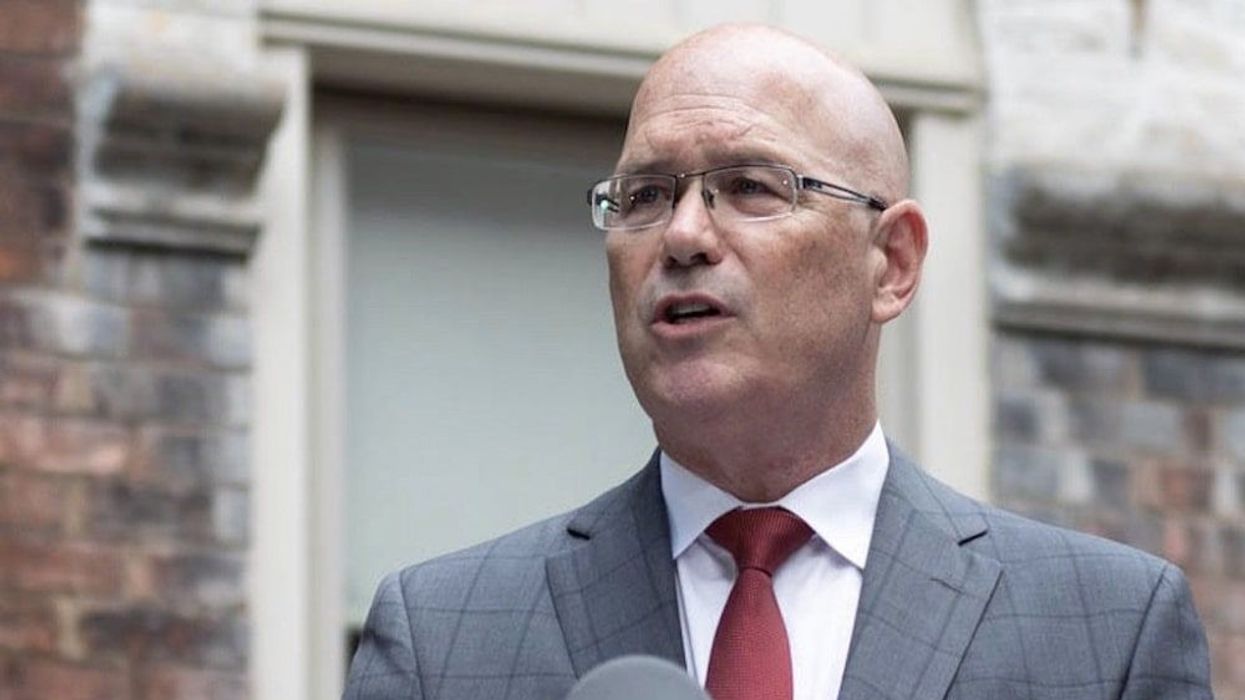The Government of Ontario has extended the strong mayor powers to more than two dozen additional municipalities in its continued effort to boost housing supply.
First introduced for the Mayors of Toronto and Ottawa in the fall of 2022, the system provides sitting mayors with bold powers to veto by-laws if they could potentially interfere with a provincial priority, such as building 1.5M new homes by 2031.
READ: “A Threat To Local Democracy”: Former Toronto Mayors Condemn Strong Mayor Powers
Steve Clark, Minister of Municipal Affairs and Housing, has extended the strong mayor powers to 26 "large and fast-growing" municipalities across Ontario, including Brampton, Markham, Richmond Hill, and Vaughan. The enhanced powers will come into effect on July 1, 2023.
"Our government wants to do what we can to help these leaders meet the challenges of rising housing costs and population growth. Increasing the supply of housing is job number one," Clark said during a Friday morning press conference.
"Today's announcement is about empowering municipal leaders to give them the tools to get the job done.... Our government is determined to ensure their municipalities are set up for success and that they have the necessary tools to deliver on the housing commitments they've made."
The municipalities all have a population of over 100,000, or are projected to by 2031, and have submitted a housing pledge to the province. The majority are also members of Ontario's Big City Mayors (OBCM) group. Of the 29 OBCM members, three will not receive the strong mayor powers: Chatham-Kent, Greater Sudbury, and Thunder Bay.
"It's very simple. We extended strong mayor powers to every community that enacted a housing pledge. They did not," Clark said when asked why the cities, as well as Newmarket, were not included.
"But, we're certainly giving them and other municipalities the opportunity."
The strong mayor powers have been expanded to the following municipalities:





















